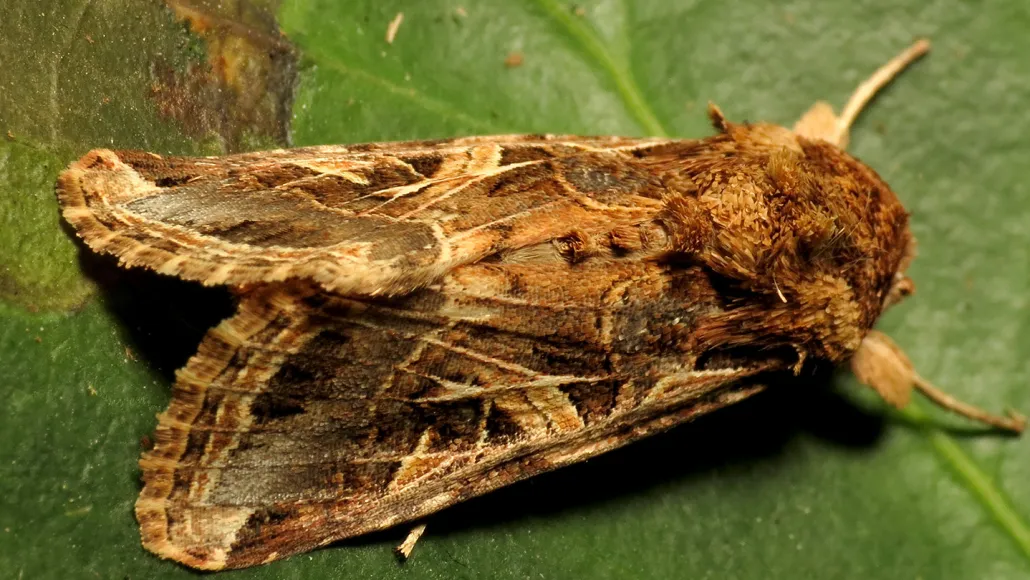For female moths, finding the perfect plant to host their young may be as straightforward as listening closely.
When plants are low on water, they emit high-pitched clicking sounds inaudible to humans. Researchers have discovered that female moths, equipped with sensitive hearing, can detect these ultrasonic distress signals. By avoiding the “crying” plants, moths choose healthier hosts for their offspring, ensuring better nourishment for their caterpillars.
This behavior was revealed in a study published on November 14 at bioRxiv.org. The phenomenon of ultrasonic plant clicks, first observed in 2023 by Rya Seltzer, an entomologist at Tel Aviv University, and her colleagues (SN: 3/30/23), inspired the team to investigate further. They hypothesized that moths, capable of hearing high-frequency sounds, might use these plant signals to inform their egg-laying decisions.
In their experiment, researchers placed female Egyptian cotton leafworm moths (Spodoptera littoralis) in an arena with speakers emitting the sounds of a dehydrated tomato plant on one side and silence on the other. The moths gravitated toward the clicking side to lay their eggs.
However, the results shifted when live plants were introduced. In setups with a hydrated tomato plant on one side and a thirsty one on the other, the moths preferred the silent, hydrated plant. A similar trend occurred when the team placed hydrated plants on both sides but added a speaker playing distressed clicks on one side. The moths laid more eggs on the silent side, indicating a preference for healthier hosts when given visual and olfactory cues.
“These moths not only recognize the sounds as plant signals but also interpret them as indicators of the plants’ health,” Seltzer explains.
Interestingly, the moths had no prior exposure to plants, having been reared entirely in a lab. This suggests that their sensitivity to these sounds is genetically hardwired.
Björn Thorin Jonsson, a biologist at the University of Graz in Austria, emphasizes the evolutionary advantage of such behavior: “If an acoustic cue is reliable and beneficial for selecting better food or egg-laying sites, why not use it?”
Fernando Montealegre-Zapata, a sensory biologist at the University of Lincoln in England, suggests that these findings could influence pest management strategies. “Could playing stress signals discourage moths from laying eggs on healthy plants?” he wonders.
Seltzer believes this discovery marks the beginning of a broader understanding of acoustic communication between plants and insects. “Many insects can hear ultrasonic sounds, and I think we’re just scratching the surface of how they interact with plants through sound.”
